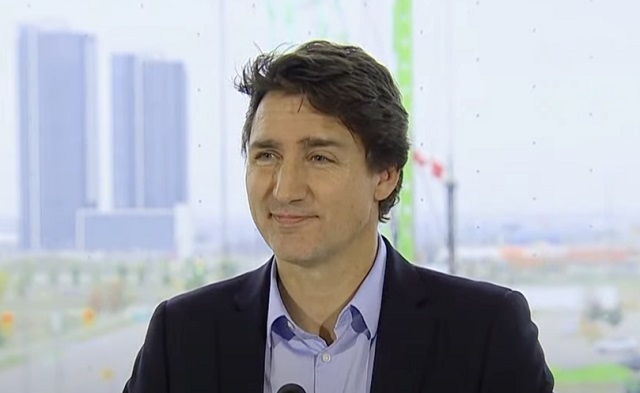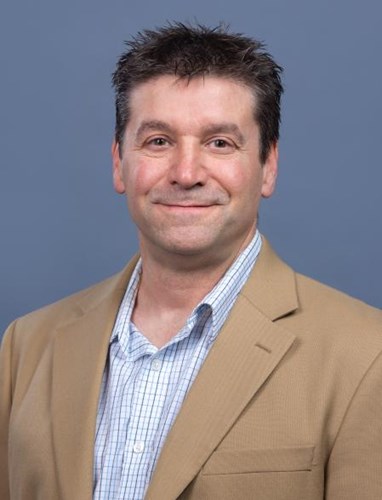Community
Plenty Of Local Options This Family Day Long Weekend!
By Sheldon Spackman
The Family Day long weekend is upon us and there are plenty of activities in and around Red Deer to keep families entertained over the next few days.
In Red Deer, you can kick-off the Family Day long weekend Friday, February 17th with an old-time multi-generational community dance with live music by Jukebox Rock and a D.J. You can learn the Bunny Hop, dance to a variety of music and enjoy refreshments and door prizes. Admission for a family of four is $20, Adults $10, Youth $5, Children 3 and under are free. The event is presented by the Country Pride Dance Club, Red Deer Arts Council, Red Deer Cultural Heritage Society, City of Red Deer Culture Services and Peavey Mart. The All ages event will be at Festival Hall on 58th Street and runs from 6:30 – 11:00 pm.
On Family Day itself, Monday, February 20th, kids get in free at the Alberta Sports Hall of Fame and Museum. There are interactive exhibits, hot chocolate will be available, as well as family friendly crafts to do. Entry for Adults is $5, with the facility open from 10 am to 5 pm.
In Penhold, the town is holding it’s annul Winterfest from 1 – 3 pm on Monday, February 20th. Residents are invited to the Lincoln Street Recreation Center for the event There will be hot dogs and marshmallows to roast, hot chocolate to drink, skating, games, and Emmett from The Lego Movie will come between 1:30 and 2:30! This is a FREE family event but if the weather is too warm, the skating portion may be cancelled.
In Blackfalds, the town’s annual Winterfest is also on Monday, February 20th. Family oriented events will be taking place between 9 am and 5 pm around Town.
New to the lineup of events, Winterfest will begin with the Dual Ice Development Society (D.I.D.S) serving up a pancake breakfast by donation at the Community Hall (4810 Womacks Road). The Blackfalds firefighters will be hosting a fundraiser barbeque at noon at the Abbey Centre (4500 Womacks Road) and appreciate your donations to this extremely valuable volunteer service.
FREE Winterfest activities include horse drawn sleigh rides; an ice slide and snow maze; games and bouncy castles in the Servus Kidz Zone; and cheering on the brave Penguin Dippers making a splash for charity in the 10th Annual Penguin Dip – with trophies for best costume and funds raised!
Returning again this year, are the world renowned Ice On Whyte ice carvers, who will be carving some amazing ice sculptures, and hosting the Li’l Chippers learn to ice carve program. Juiced Audio’s family skate party and the family bingo, both held at the Blackfalds Multi-Plex Arena (5302 Broadway Avenue), will conclude the fun-filled day.
Parking is very limited, so BOLT Transit will be providing FREE bus service around Town throughout the day – view the BOLT schedule for the day along with the full schedule of events at blackfalds.com/events.
In Lacombe, “My Beach Bash” will be held on Saturday, February 18th from 5 – 8pm at the Kinsmen Aquatic Centre. Tickets include games, prizes, sno-cones and swimming.
Then, there will be a free family fun skate on Sunday, February 19th at the Gary Moe Auto Group Sportsplex – Can Pak Arena 2 from 1 – 3pm. There will also be free hot dogs and hot chocolate, courtesy of Central Alberta Co-Op and the City of Lacombe. The event is being hosted by Lacombe and District FCSS and Central Alberta Youth Unlimited.
In Sylvan Lake, there will be a Lion’s Pancake Breakfast from 9 am – 12 pm at the Lion’s Hall on Saturday, February 18th. Then lots of family fun east of the Pier from 12 pm – 3 pm. Activities include sleigh rides, bonfire and s’more roasting, coffee & hot chocolate, hockey shoot outs, mini-golf, a petting zoo, picture board, snow painting & skating. There will also be a Farmer’s Market from 12 pm – 4 pm at the Community Centre Gym, a Polar Bear Dip on the west side of the Pier starting at 1:00 pm. Free hot chocolate with candy sticks in front of the Stone House on 46th Street. Plus fireworks at the Pier starting at 7 pm.
On Sunday, February 19th, there will be more free hot chocolate with candy sticks in front of the Stone House on 46th Street between 1 – 3 pm. However, a snow-shoe event planned for this day has been cancelled due to the warm weather.
On Monday, February 20th, it’s Family Day Fun Day at Bonavista Fine Art between 12 – 4 pm.
Please note, some of the above mentioned activities come with an admission fee.
Finally, in Innisfail, The Boys and Girls Club of Red District is holding a family fun day at the Innisfail Aquatic Centre on the Family Day Weekend. There will be free drop-in swimming, as well as free food and drink on Saturday, February 18th between 3 – 5 pm. Plus, the Boys and Girls Club will be handing out information about some new programming and will be onsite to register youth for summer programs at Camp Alexo.
Then on Monday, February 20th, the schedule of events includes Family skating (at the skating loop behind the Arena) and a BBQ between 12 – 3 pm. From 2:30 – 4:30 pm – a Family swim (at the Aquatic Centre — admission by way of Food Bank donation). Food bank donations in the form of a non-perishable item will be accepted at both locations to help families in need!
Community
SPARC Red Deer – Caring Adult Nominations open now!

Red Deer community let’s give a round of applause to the incredible adults shaping the future of our kids. Whether they’re a coach, neighbour, teacher, mentor, instructor, or someone special, we want to know about them!
Tell us the inspiring story of how your nominee is helping kids grow up great. We will honour the first 100 local nominees for their outstanding contributions to youth development. It’s time to highlight those who consistently go above and beyond!
To nominate, visit Events (sparcreddeer.ca)

Addictions
‘Harm Reduction’ is killing B.C.’s addicts. There’s got to be a better way

From the Frontier Centre for Public Policy
B.C. recently decriminalized the possession of small amounts of illicit drugs. The resulting explosion of addicts using drugs in public spaces, including parks and playgrounds, recently led the province’s NDP government to attempt to backtrack on this policy
Fuelled by the deadly manufactured opioid fentanyl, Canada’s national drug overdose rate stood at 19.3 people per 100,000 in 2022, a shockingly high number when compared to the European Union’s rate of just 1.8. But national statistics hide considerable geographic variation. British Columbia and Alberta together account for only a quarter of Canada’s population yet nearly half of all opioid deaths. B.C.’s 2022 death rate of 45.2/100,000 is more than double the national average, with Alberta close behind at 33.3/100,00.
In response to the drug crisis, Canada’s two western-most provinces have taken markedly divergent approaches, and in doing so have created a natural experiment with national implications.
B.C. has emphasized harm reduction, which seeks to eliminate the damaging effects of illicit drugs without actually removing them from the equation. The strategy focuses on creating access to clean drugs and includes such measures as “safe” injection sites, needle exchange programs, crack-pipe giveaways and even drug-dispensing vending machines. The approach goes so far as to distribute drugs like heroin and cocaine free of charge in the hope addicts will no longer be tempted by potentially tainted street drugs and may eventually seek help.
But safe-supply policies create many unexpected consequences. A National Post investigation found, for example, that government-supplied hydromorphone pills handed out to addicts in Vancouver are often re-sold on the street to other addicts. The sellers then use the money to purchase a street drug that provides a better high — namely, fentanyl.
Doubling down on safe supply, B.C. recently decriminalized the possession of small amounts of illicit drugs. The resulting explosion of addicts using drugs in public spaces, including parks and playgrounds, recently led the province’s NDP government to attempt to backtrack on this policy — though for now that effort has been stymied by the courts.
According to Vancouver city councillor Brian Montague, “The stats tell us that harm reduction isn’t working.” In an interview, he calls decriminalization “a disaster” and proposes a policy shift that recognizes the connection between mental illness and addiction. The province, he says, needs “massive numbers of beds in treatment facilities that deal with both addictions and long-term mental health problems (plus) access to free counselling and housing.”
In fact, Montague’s wish is coming true — one province east, in Alberta. Since the United Conservative Party was elected in 2019, Alberta has been transforming its drug addiction policy away from harm reduction and towards publicly-funded treatment and recovery efforts.
Instead of offering safe-injection sites and free drugs, Alberta is building a network of 10 therapeutic communities across the province where patients can stay for up to a year, receiving therapy and medical treatment and developing skills that will enable them to build a life outside the drug culture. All for free. The province’s first two new recovery centres opened last year in Lethbridge and Red Deer. There are currently over 29,000 addiction treatment spaces in the province.
This treatment-based strategy is in large part the work of Marshall Smith, current chief of staff to Alberta’s premier and a former addict himself, whose life story is a testament to the importance of treatment and recovery.
The sharply contrasting policies of B.C. and Alberta allow a comparison of what works and what doesn’t. A first, tentative report card on this natural experiment was produced last year in a study from Stanford University’s network on addiction policy (SNAP). Noting “a lack of policy innovation in B.C.,” where harm reduction has become the dominant policy approach, the report argues that in fact “Alberta is currently experiencing a reduction in key addiction-related harms.” But it concludes that “Canada overall, and B.C. in particular, is not yet showing the progress that the public and those impacted by drug addiction deserve.”
The report is admittedly an early analysis of these two contrasting approaches. Most of Alberta’s recovery homes are still under construction, and B.C.’s decriminalization policy is only a year old. And since the report was published, opioid death rates have inched higher in both provinces.
Still, the early returns do seem to favour Alberta’s approach. That should be regarded as good news. Society certainly has an obligation to try to help drug users. But that duty must involve more than offering addicts free drugs. Addicted people need treatment so they can kick their potentially deadly habit and go on to live healthy, meaningful lives. Dignity comes from a life of purpose and self-control, not a government-funded fix.
Susan Martinuk is a senior fellow at the Frontier Centre for Public Policy and author of the 2021 book Patients at Risk: Exposing Canada’s Health Care Crisis. A longer version of this article recently appeared at C2CJournal.ca.
-
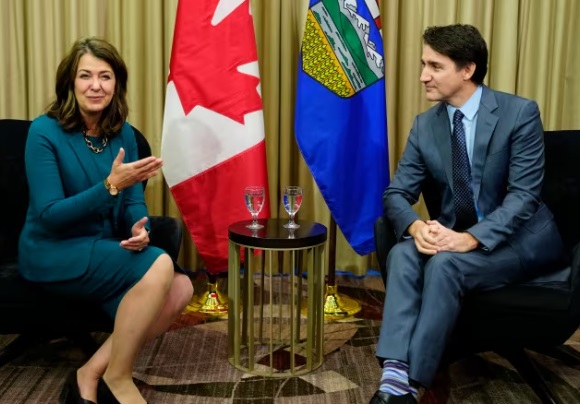
 Alberta2 days ago
Alberta2 days agoFree Alberta Strategy backing Smith’s Provincial Priorities Act
-
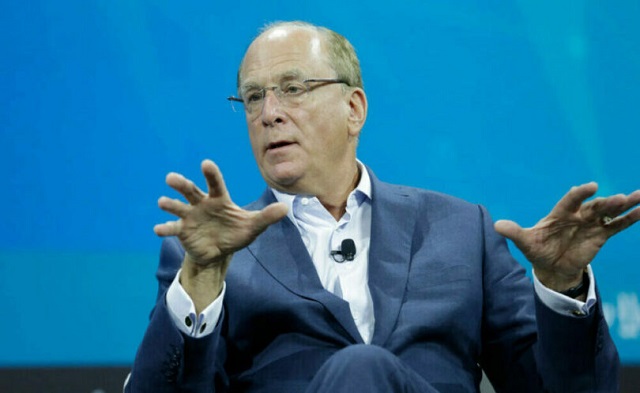
 Business2 days ago
Business2 days agoUS firms like BlackRock are dropping their climate obsession while Europe ramps theirs up
-

 Automotive2 days ago
Automotive2 days agoBiden’s Kill Switch: The Growing Threat of Government Control of Your Car
-
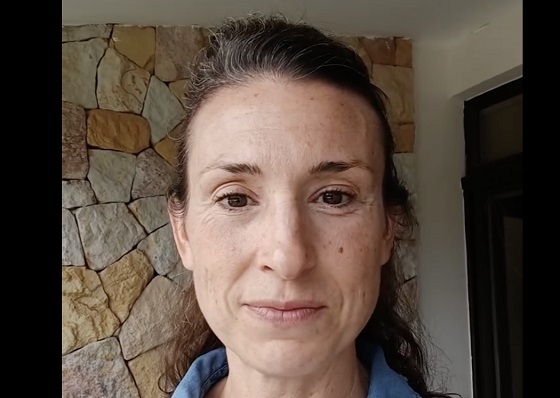
 COVID-191 day ago
COVID-191 day agoPro-freedom Canadian nurse gets two years probation for protesting COVID restrictions
-
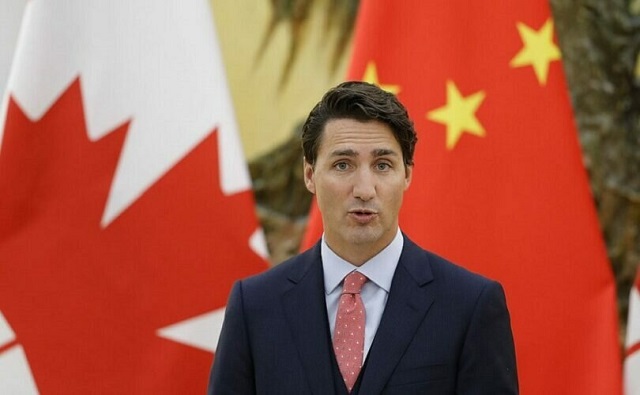
 espionage1 day ago
espionage1 day agoTrudeau’s office was warned that Chinese agents posed ‘existential threat’ to Canada: secret memo
-
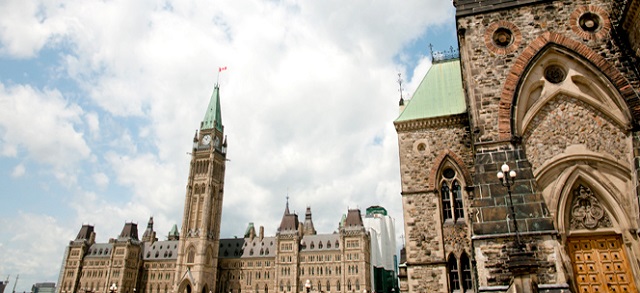
 Economy1 day ago
Economy1 day agoMassive deficits send debt interest charges soaring
-
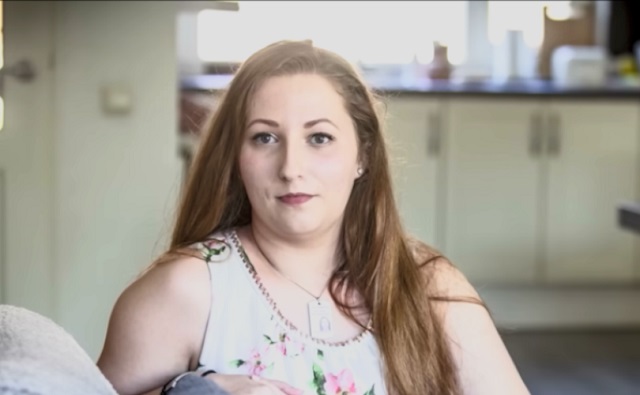
 International2 days ago
International2 days ago28-year-old Dutch woman to be killed by assisted suicide after doctors deem her autism ‘untreatable’
-
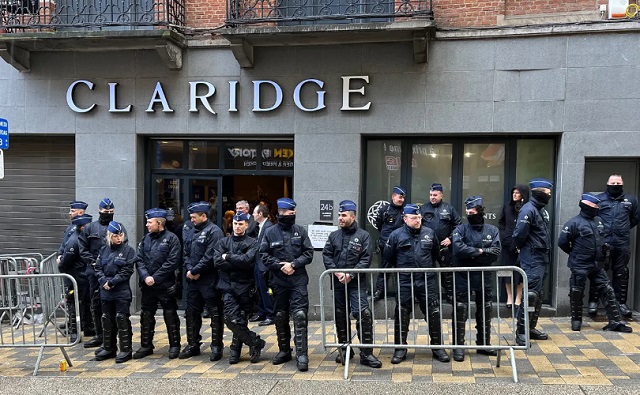
 International18 hours ago
International18 hours agoBrussels NatCon conference will continue freely after court overturns police barricade



